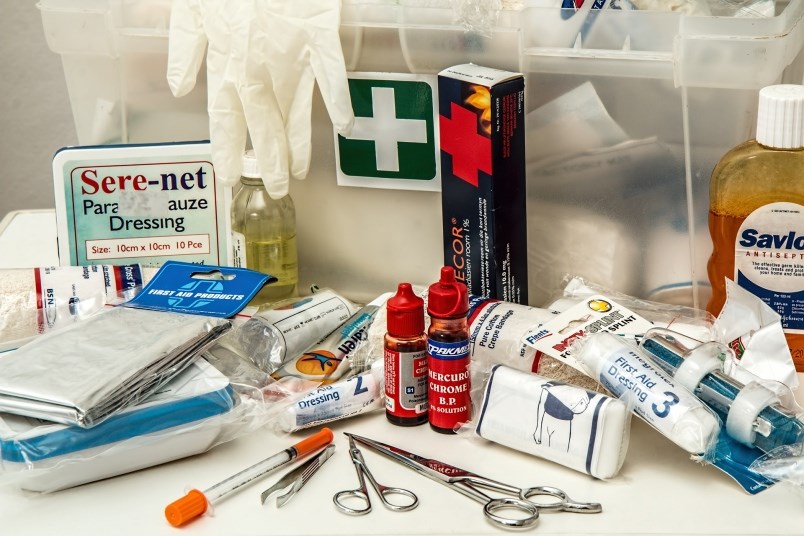When shoppers started making a run on toilet paper due to COVID-19 fears, it sparked an endless stream of internet jokes and mocking memes.
Now, the virus’ impact continues to balloon on a daily basis.
Wednesday, it was a COVID-19-positive Utah Jazz player and actor Tom Hanks. Thursday, every major sports league across North America had suspended or cancelled their regular seasons.
And Prime Minister Justin Trudeau and NDP leader Jagmeet Singh have gone into self-isolation.
What can you do?
Like any pending emergency, it’s prudent to have supplies on hand. That doesn’t mean panic-buying but it does mean working out an itemized list of what you need in order to weather 14 days of self-isolation — should it come to that.
“It takes more than governments and action from the health sector to protect the health and safety of Canadians. Each of us can help our country be prepared in the event of an emergency by understanding how coronavirus spreads and how to prevent illness,” the Public Health Agency of Canada (PHAC) says on its website.
Provincial and federal health authorities have consistently reminded the public to pick up a couple of extra cans or packages of non-perishable food when they go shopping. As with use of public transit or the gym, do your shopping off-peak hours.
Pick up extra supplies of pet food, facial tissues, feminine hygiene products, diapers and, yes, toilet paper (within reason). It’s not that these things are going to immediately disappear; rather, by having a few weeks' supply, you won’t have to leave home at the peak of the outbreak or if you become sick.
For those looking to be prepared for the shock of any crisis — whether from global pandemic or catastrophic earthquake — having an emergency kit on hand is never a bad idea, either. As the coordinating body for pandemic response across provincial health systems, the PHAC has some suggestions.
It’s important to make sure an emergency kit is easy to carry, either in a duffel bag, backpack or suitcase, notes the PHAC website. It should also be stored in an easily accessible place that everyone in the household can access.
Here are some of the things the agency recommends you include:
- two litres of water per person per day — include small bottles that can be carried easily;
- food that won't spoil, liked canned goods, energy bars and dried foods (and remember to pack a manual can opener so that you can get into the food);
- a flashlight;
- battery-powered or wind-up radio, plus extra batteries;
- first aid kit;
- special needs or health-related items such as prescription medications, infant formula or equipment for people with disabilities;
- extra keys for your car and your house;
- cash (especially smaller bills and change for pay phones);
- and your family's emergency plan.
Learn tips on how to help your children cope during an emergency here.



